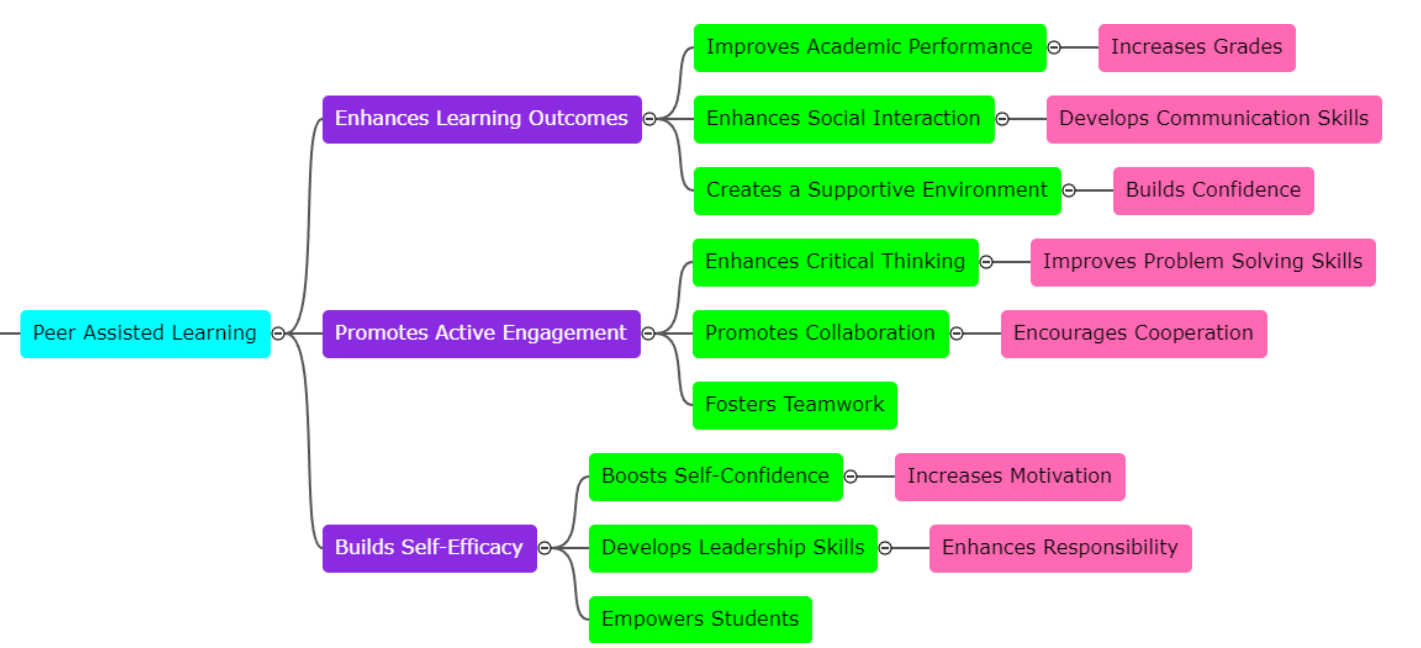The Importance of Repetition in the Learning Process
Repetition is an essential component of the learning process and has been studied by cognitive psychologists for decades. It has been shown to play a crucial role in memory formation, skill development, and problem-solving. Here is a detailed explanation of the importance of repetition in learning.
Memory Formation:
Repetition is one of the most effective ways to improve memory retention. When new information is repeated multiple times, the brain is better able to encode it and store it in long-term memory. This is because repetition strengthens the connections between neurons, making it easier for the brain to retrieve the information later on. This is why memorization techniques like repetition and rote learning have been used for centuries to help students retain information for exams.
Skill Development:
Repetition is also critical in the development of new skills. Consistent repetition of a task leads to the development of automaticity, which means that the brain no longer has to work as hard to perform the task. With enough repetition, the task becomes second nature, and the individual can perform it without much conscious thought. This is why repetition is so important in sports, music, and other performance-based activities.
Problem-Solving:
Repetition is also a useful tool for problem-solving. When faced with a challenging problem, repeating the steps or relevant information can lead to a deeper understanding and eventually a solution. By repeating the information, the brain is able to process it more thoroughly and connect it to previous knowledge, leading to a better understanding of the problem and a more creative solution.
Concept Retention:
Repetition is also essential for retaining new concepts. When new information is repeated, it helps to reinforce the connections between neurons. It makes it easier for the brain to remember. This is especially useful when studying for exams. Repeating information multiple times can help ensure the information is retained long-term.
Motivation and Confidence:
Repetition can also have a positive impact on motivation and confidence. When an individual repeats a task and sees improvement, it boosts their confidence and motivation to continue learning. This positive feedback loop can be a powerful motivator and help keep individuals on track towards their goals.
In conclusion, repetition is an important component of the learning process that can help with memory formation, skill development, problem-solving, concept retention, and motivation and confidence. To make the most of repetition, incorporate it into your learning routine. You can be repeating information multiple times, practicing new skills consistently, and revisiting challenging problems. The more you repeat, the stronger the connections in your brain will become, leading to better memory, improved skills, and a deeper understanding of concepts.







